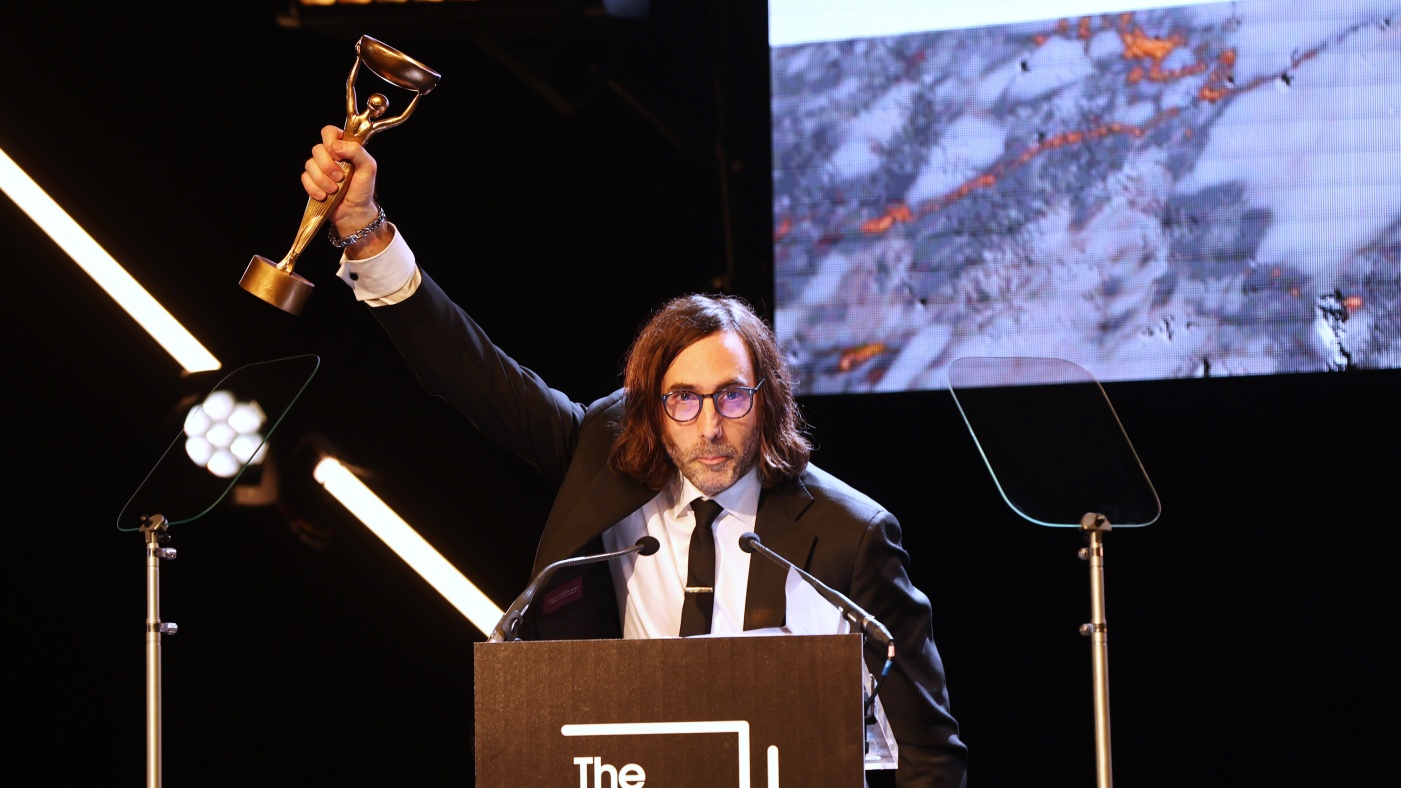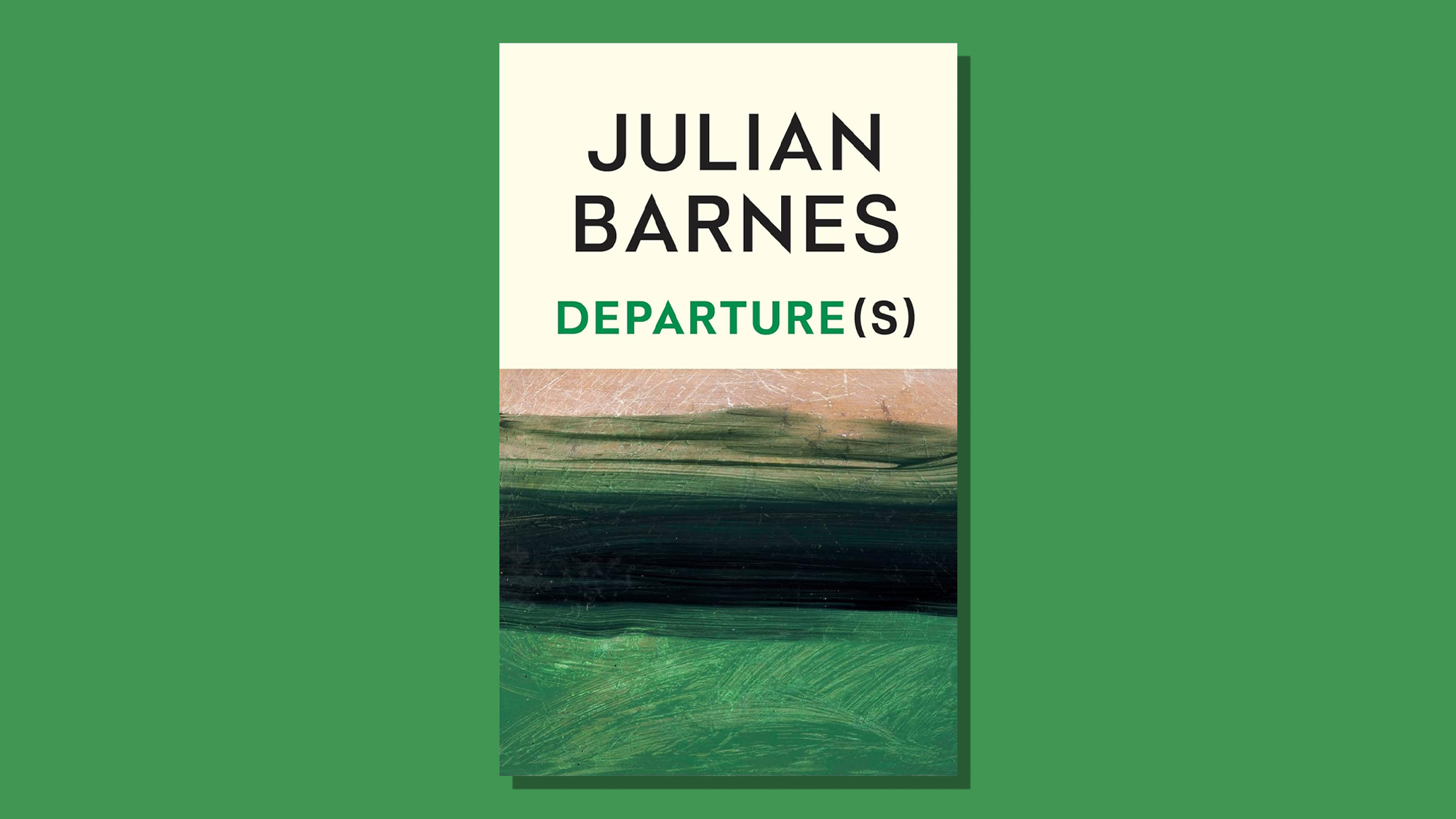Irish literary success: what's behind Emerald Isle's 'golden age' of writing?
From Sally Rooney to Paul Lynch, Irish writers have dominated the English-language literary scene in recent years

A free daily email with the biggest news stories of the day – and the best features from TheWeek.com
You are now subscribed
Your newsletter sign-up was successful
Ireland has a long, illustrious history of literary success but the past five years has been something of a 'golden age' for the country's novelists.
"If you were to accost an unsuspecting twentysomething on a quiet street today and demand that they empty their (Uniqlo shoulder) bag, what would you find?" asked Susie Goldsbrough in The Times. "Squished between AirPods blasting Fred Again and an empty carton of oat milk, I'm sure there would be an Irish novel."
Readers young and old alike are "in thrall" to contemporary Irish writing. And it all began with Sally Rooney's 2018 novel "Normal People", which "reinvented the literary romance and sent a generation of pretentious tote-bag lovers swooning after the sexual – oh, sorry, I mean intellectual – magnetism of Trinity College Dublin and its students".
The Week
Escape your echo chamber. Get the facts behind the news, plus analysis from multiple perspectives.

Sign up for The Week's Free Newsletters
From our morning news briefing to a weekly Good News Newsletter, get the best of The Week delivered directly to your inbox.
From our morning news briefing to a weekly Good News Newsletter, get the best of The Week delivered directly to your inbox.
Beyond Rooney there is an "entire racing stable" of Irish novelists, from "glamorous youngsters" like Megan Nolan and Naoise Dolan to the "old guard" of Sebastian Barry and John Banville. Ireland has a population of just five million but it has produced a "spectacularly rich and varied platter of work", said Goldsbrough, the paper's assistant literary editor.
A 'golden age' of Irish writing
Ireland's list of plaudit-winning writers only increased this week after Paul Lynch won the 2023 Booker Prize for his dystopian novel "Prophet Song". Indeed, four out of the 13 nominated novelists were Irish, confirming that we are in what Sebastian Barry, the laureate for Irish fiction, calls a "golden age of Irish prose writing", said Orlaith Darling on The Conversation.
Irish writers have "benefited from structural factors in recent years", said Darling, including "a strong Arts Council, legislation which since 1969 has exempted artists from income tax, an artist's three-year basic wage pilot" and a "proliferation of excellent literary journals", including the influential journal The Stinging Fly.
Ireland has done a particularly good job of "fostering and promoting its writers" in recent decades, said Liam Harte, a professor of Irish literature at the University of Manchester, speaking to the BBC. The importance of literature in Irish culture has manifested in its public policy, with the country's arts councils and libraries still well funded. "The Republic in 2015 established a laureate for Irish fiction… that also says something about the profile it gives writers in the culture," Harte added.
A free daily email with the biggest news stories of the day – and the best features from TheWeek.com
England grapples with 'post-Brexit cringe'
Ireland's exceptional literary talents are nothing new, said Rachel Connolly in GQ. The country has "a long and storied history of brilliant writers", from James Joyce and Samuel Beckett to Anne Enright and Seamus Heaney. There are four Irish Nobel Prize winners in literature, a remarkable feat for a country with a relatively small population.
Better funding for the arts in Ireland is "part of the story" behind the country's literary success, but a better explanation is Ireland's "generous" and supportive literary scene. This is "a feature of literary culture in England which may be easier to change than getting more arts funding from a Tory government".
The prominence of Irish writing in Britain doesn't just come down to "Irish writers being rich and British writers being poor", agreed Erica Wagner in The Times. Rather, there is a "broader literary culture on the other side of the Irish Sea that seems more welcoming and less class-based".
But Wagner thinks there might be a "post-Brexit, post-imperial cultural cringe in the air now when it comes to British, and specifically to English, writing.
"How do British writers find a place in the world now we’ve kicked ourselves out of Europe, God help us? How can literature reckon in a new way with our plundering past?"
Sorcha Bradley is a writer at The Week and a regular on “The Week Unwrapped” podcast. She worked at The Week magazine for a year and a half before taking up her current role with the digital team, where she mostly covers UK current affairs and politics. Before joining The Week, Sorcha worked at slow-news start-up Tortoise Media. She has also written for Sky News, The Sunday Times, the London Evening Standard and Grazia magazine, among other publications. She has a master’s in newspaper journalism from City, University of London, where she specialised in political journalism.
-
 ‘Restaurateurs have become millionaires’
‘Restaurateurs have become millionaires’Instant Opinion Opinion, comment and editorials of the day
-
 Earth is rapidly approaching a ‘hothouse’ trajectory of warming
Earth is rapidly approaching a ‘hothouse’ trajectory of warmingThe explainer It may become impossible to fix
-
 Health insurance: Premiums soar as ACA subsidies end
Health insurance: Premiums soar as ACA subsidies endFeature 1.4 million people have dropped coverage
-
 The 8 best superhero movies of all time
The 8 best superhero movies of all timethe week recommends A genre that now dominates studio filmmaking once struggled to get anyone to take it seriously
-
 Josh D’Amaro: the theme park guru taking over Disney
Josh D’Amaro: the theme park guru taking over DisneyIn the Spotlight D’Amaro has worked for the Mouse House for 27 years
-
 The battle over the Irish language in Northern Ireland
The battle over the Irish language in Northern IrelandUnder the Radar Popularity is soaring across Northern Ireland, but dual-language sign policies agitate division as unionists accuse nationalists of cultural erosion
-
 The best fan fiction that went mainstream
The best fan fiction that went mainstreamThe Week Recommends Fan fiction websites are a treasure trove of future darlings of publishing
-
 Departure(s): Julian Barnes’ ‘triumphant’ final book blends fact with fiction
Departure(s): Julian Barnes’ ‘triumphant’ final book blends fact with fictionThe Week Recommends The Booker prize-winning novelist ponders the ‘struggle to find happiness and accept life’s ending’
-
 Is a social media ban for teens the answer?
Is a social media ban for teens the answer?Talking Point Australia is leading the charge in banning social media for people under 16 — but there is lingering doubt as to the efficacy of such laws
-
 Golden Globes affirm ‘One Battle,’ boost ‘Hamnet’
Golden Globes affirm ‘One Battle,’ boost ‘Hamnet’Speed Read Comedian Nikki Glaser hosted the ceremony
-
 ‘One Battle After Another’ wins Critics Choice honors
‘One Battle After Another’ wins Critics Choice honorsSpeed Read Paul Thomas Anderson’s latest film, which stars Leonardo DiCaprio, won best picture at the 31st Critics Choice Awards